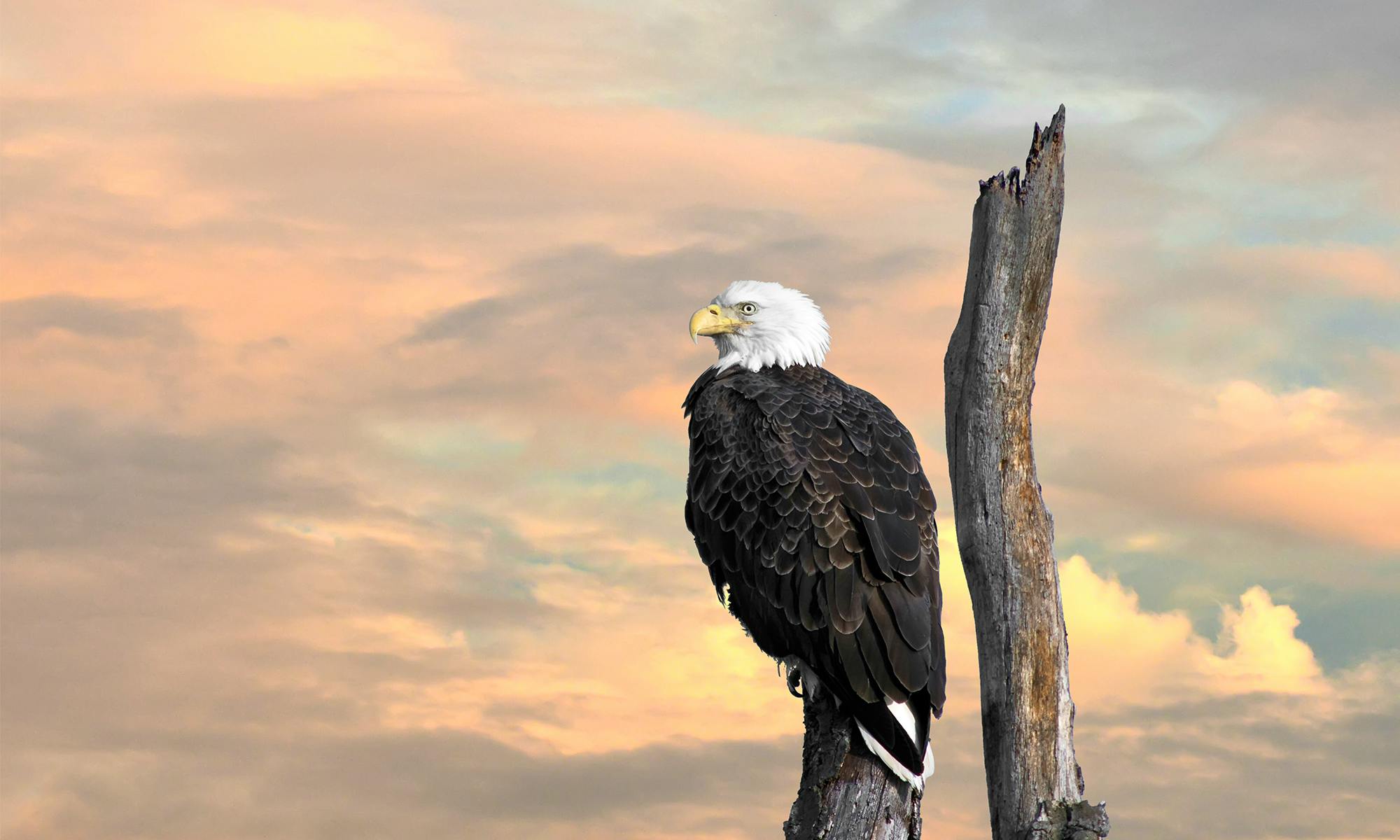This year, we celebrated Earth Day indoors. Many national parks are closed, and in-person events and marches were cancelled. But the gravity of the 50th anniversary of the inaugural Earth Day lies much deeper than a missed hike or event. This Earth Week took place under the worst administration for the environment the U.S. has ever seen, under pandemic conditions that have direct ties to the extinction crisis and climate change.
At the root of the coronavirus crisis is the overexploitation of nature, bringing animals and people into increasing conflict. The way we treat wildlife and the places they live as if they're commodities to use and use up is a dangerous path for the planet. Coupled with widespread habitat degradation, climate change has triggered unprecedented biodiversity loss, weakening the ability for wildlife and ecosystems to adapt to environmental stress and diseases. Just last week, scientists sounded another alarm – that climate change could aid in the collapse of ecosystems even more abruptly and sooner than expected. The hard truth is that we are currently facing the consequences of waiting and hoping and ignoring these warnings.
And just to make it that much more urgent – we’re bearing witness to this event under drastic, myopic rollbacks by the Trump administration, rushed through during a pandemic. The Department of the Interior is finalizing damaging rollbacks to our bedrock conservation laws like the Endangered Species Act and the National Environmental Policy Act that ignore science. On the 10th anniversary of the Deepwater Horizon tragedy, which killed more than one million migratory birds along with sea turtles, dolphins, fish and the ecosystem in the Gulf, the administration is severely weakening the Migratory Bird Treaty Act. The Interior Department is also moving to sell oil and gas lease in vital habitat like the Arctic National Wildlife Refuge. The Trump administration is counting on Americans being distracted by their own health and safety while it suppresses science, slashes environmental protections and gives away our natural resources to industry giants.
This is but a slice of the heavy-handed approach of the Trump administration – there are hundreds of examples − and the weight of this is overwhelming. But there can be another way and on this 50th anniversary of the first Earth Day, we don’t have to despair.
For the past 50 years, the environmental movement has been successful when people band together to protect our natural heritage. There isn’t a dam in the Grand Canyon. The American alligator and peregrine falcon are not extinct. The United States has a protected network of national parks, national monuments, national wildlife refuges and national marine sanctuaries that is a model for public lands and waters around the world. Environmental organizations can work together with ranchers on coexistence and with technology corporations on innovative solutions for renewable energy. Youth continue to shake things up, demanding change and climate action.
We must forge alliances, and work together in ways unprecedented, in order to turn the tide and fight the Trump administration’s anti-science and anti-environment agenda. Earth Day needs to be every day. Standing up, speaking out and fighting for nature is not a once-a-year thing. All we must do, each of us, is take that first step.


The Earth doesn’t need us to survive, but if we want to survive on Earth alongside wildlife like the wolf and the bald eagle, with places like Yosemite and Glacier and Acadia to call our outdoor playground, we need to serve as stewards. We need to evaluate our actions every single day, whether it’s Earth Day or December 10 or Endangered Species Day or July 4. Will you stand up and fight for the Earth? Will you stand up and fight for our future?







